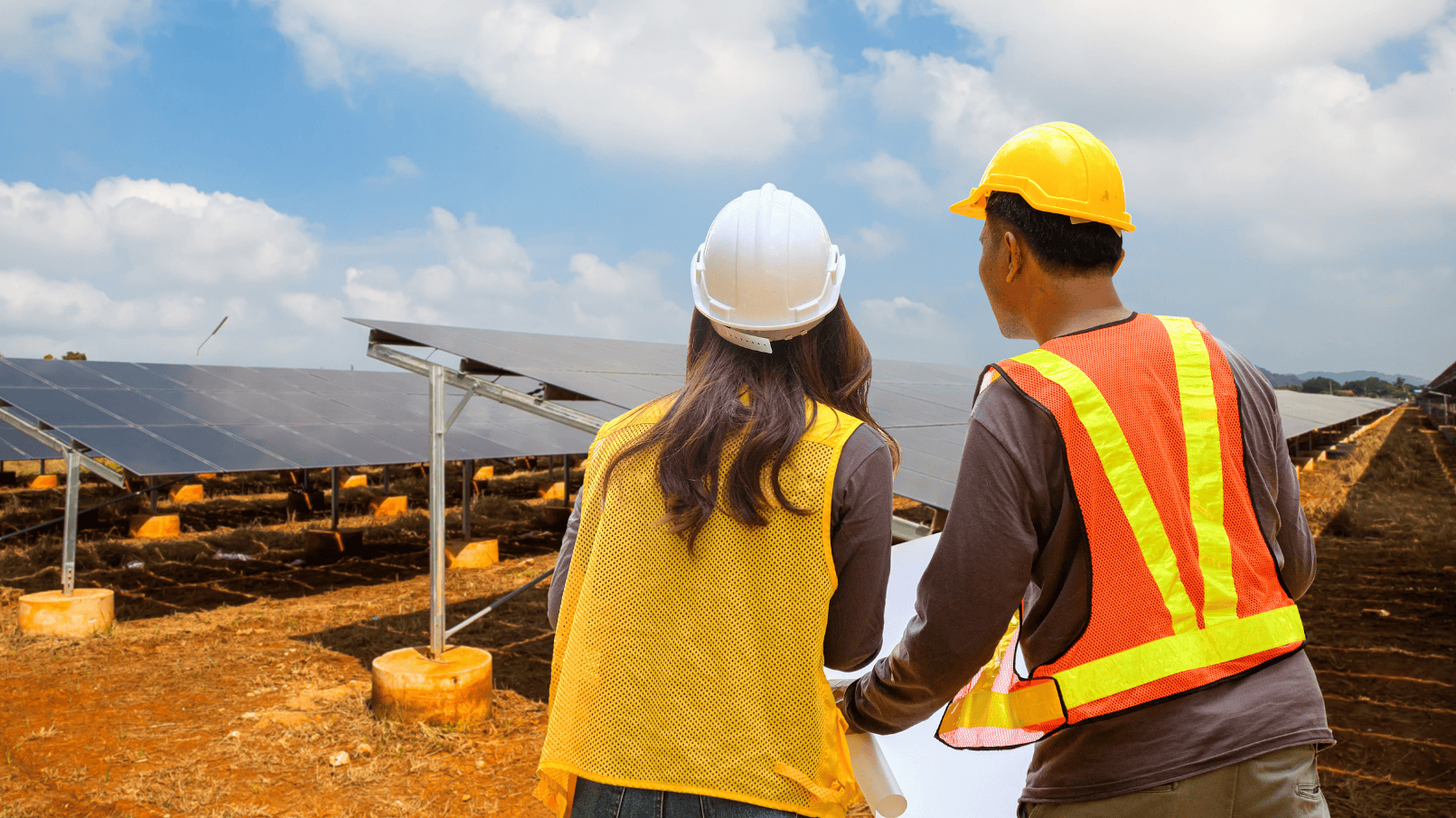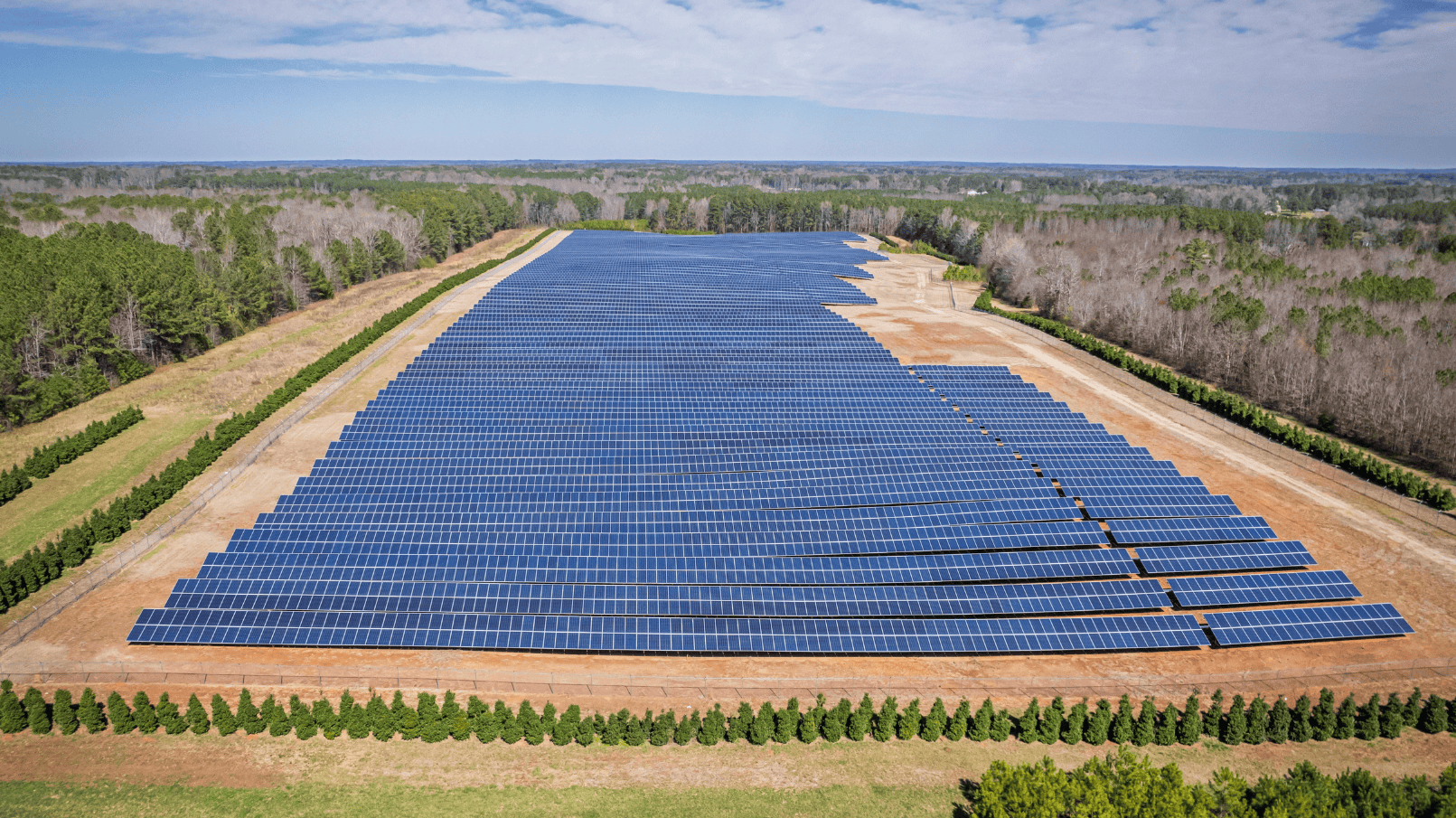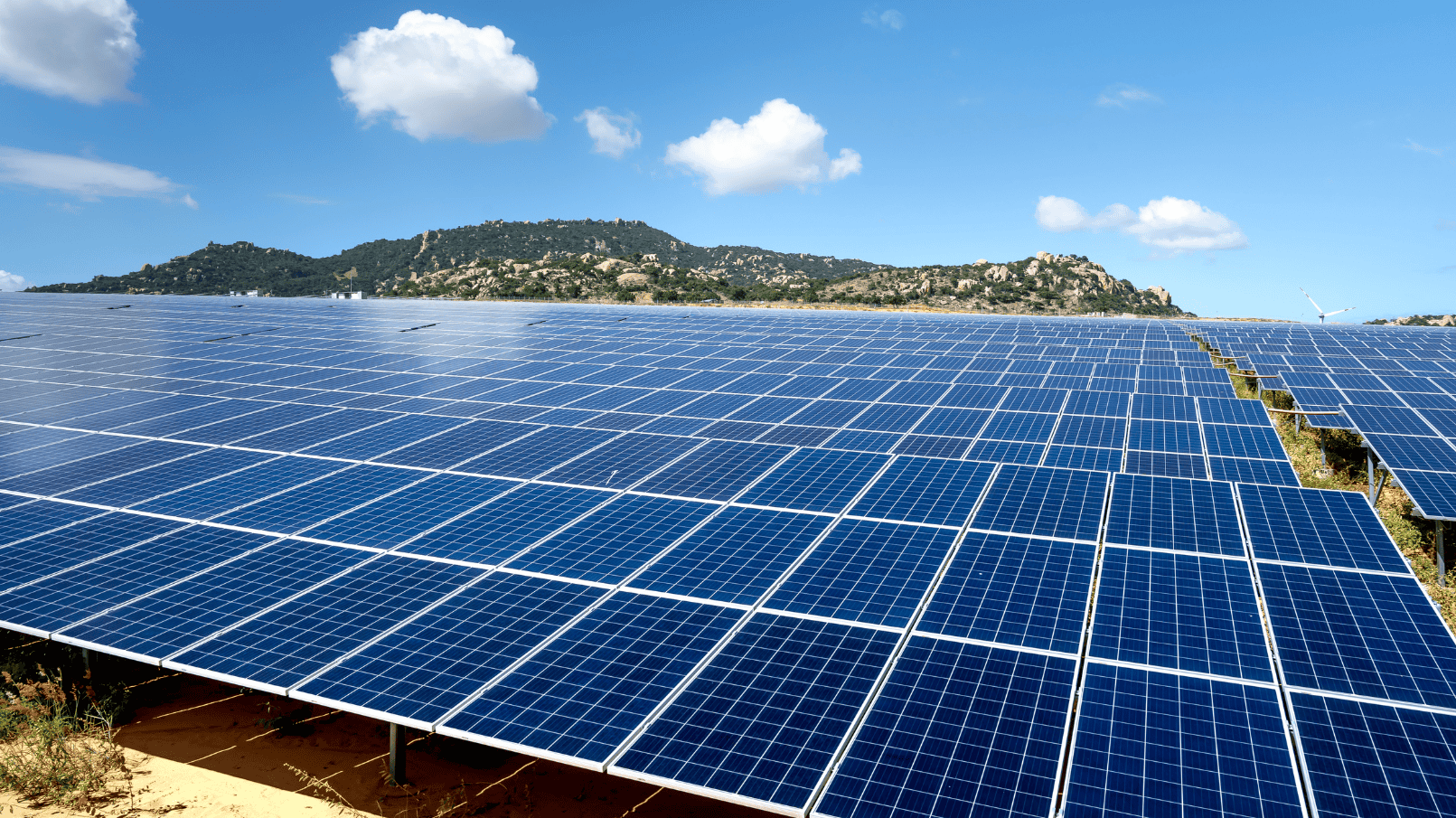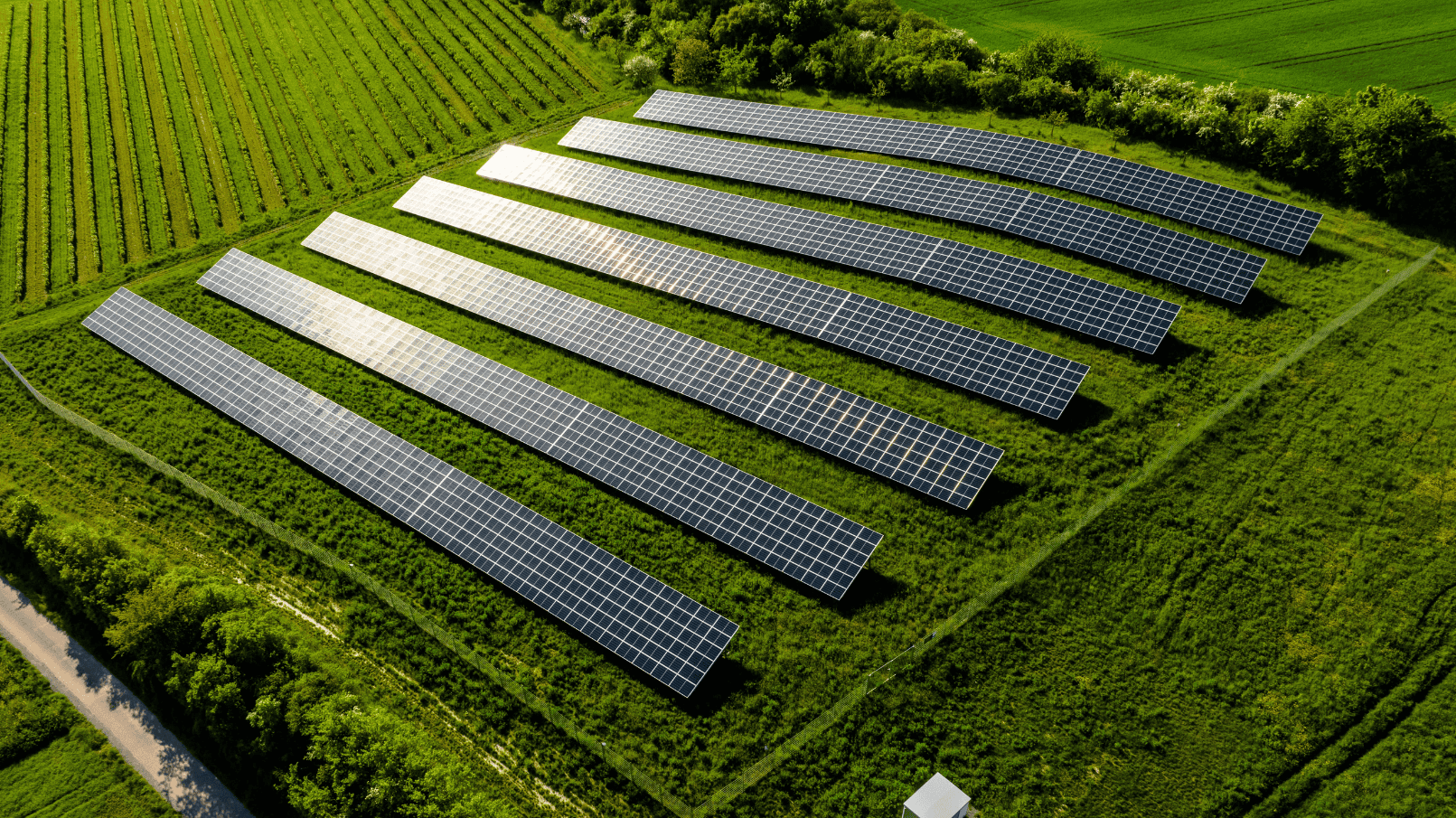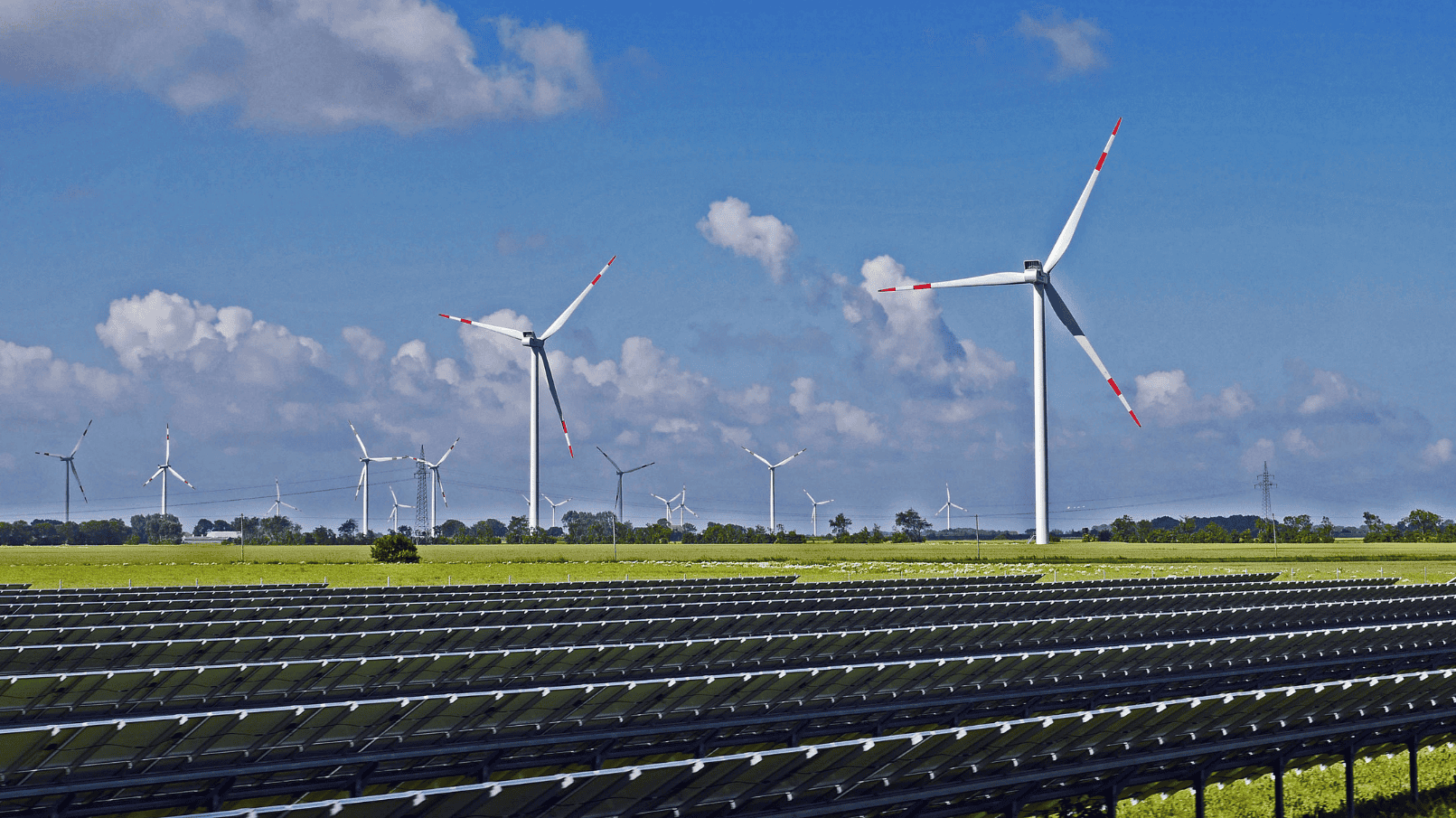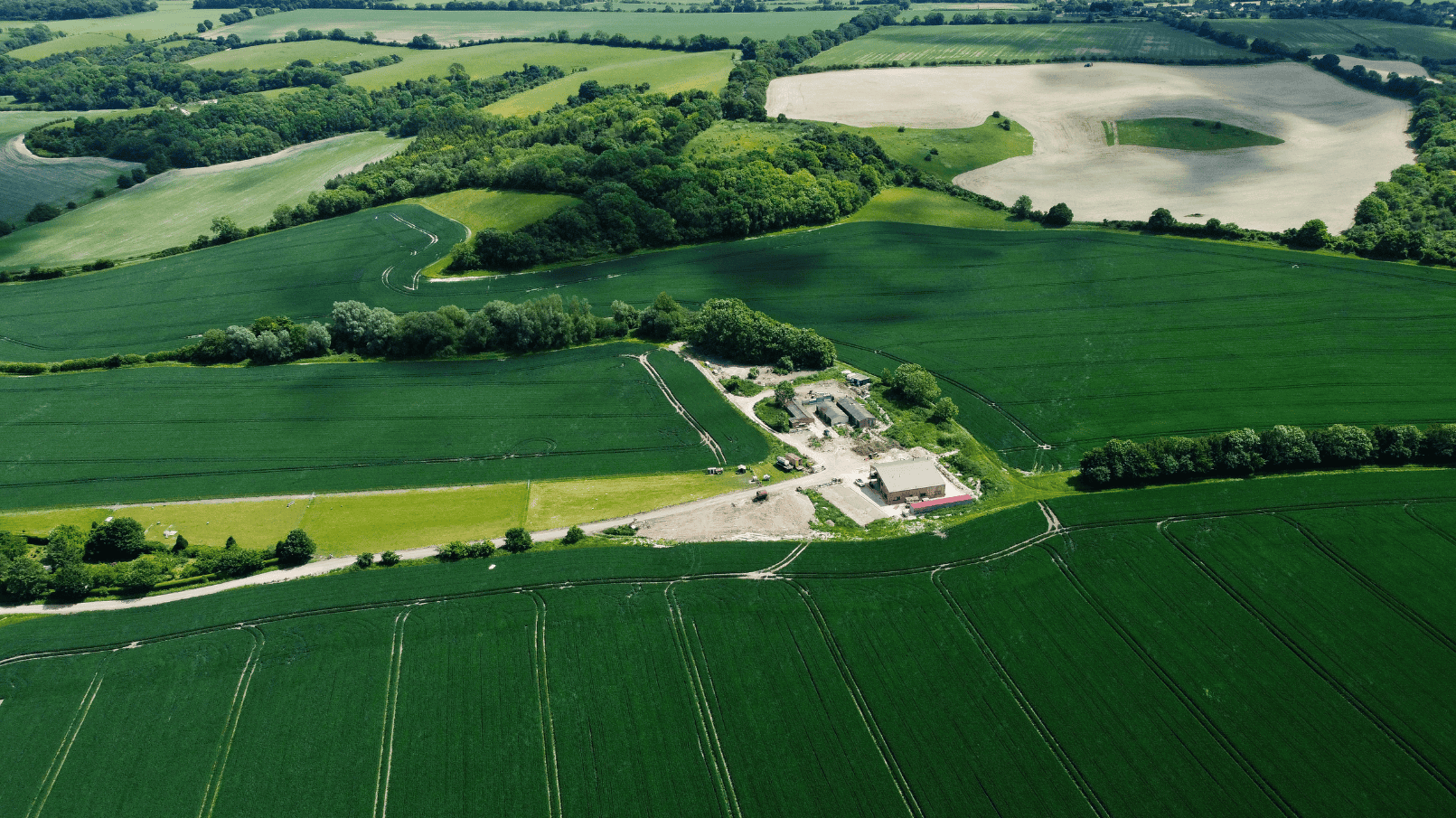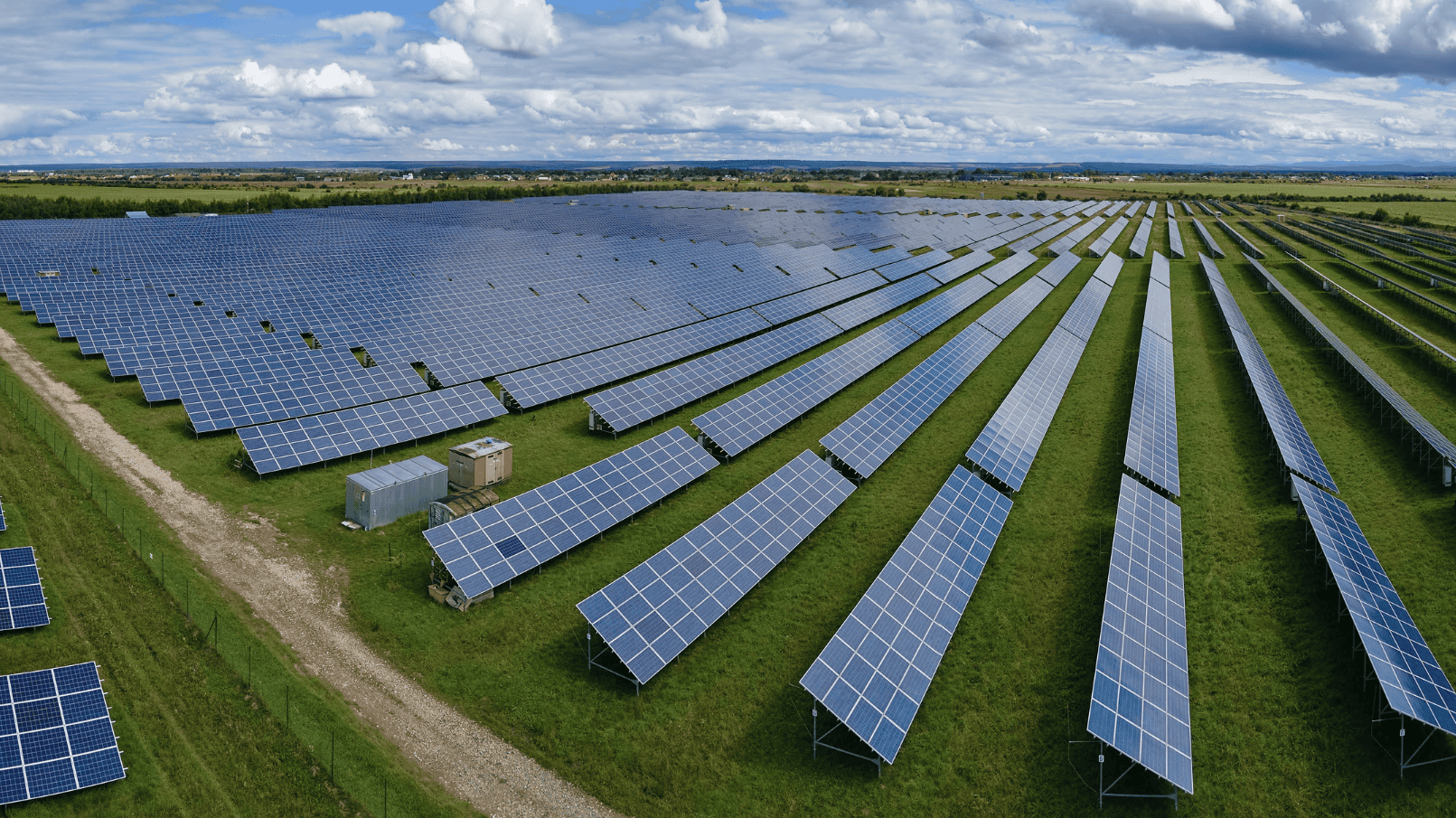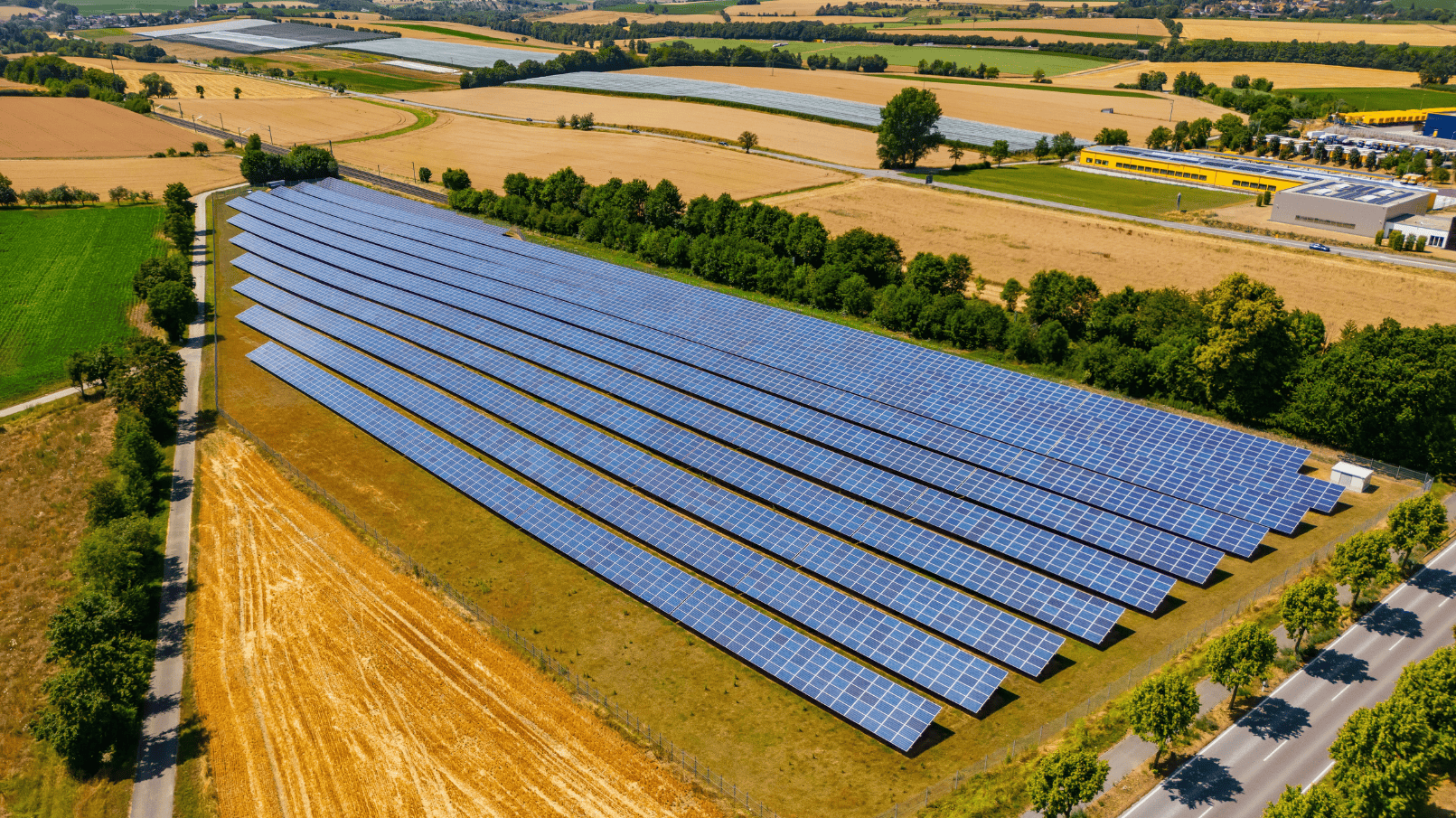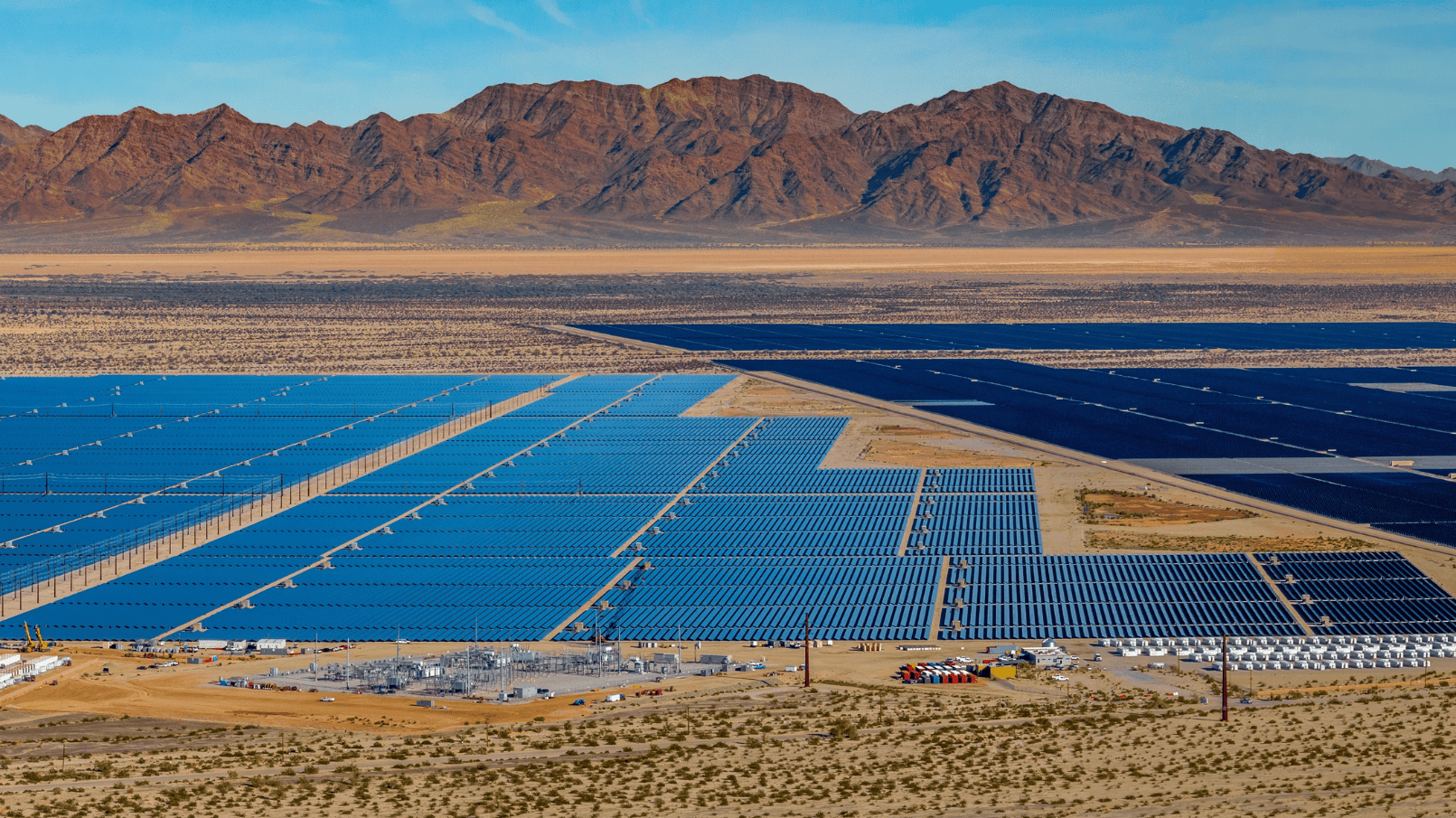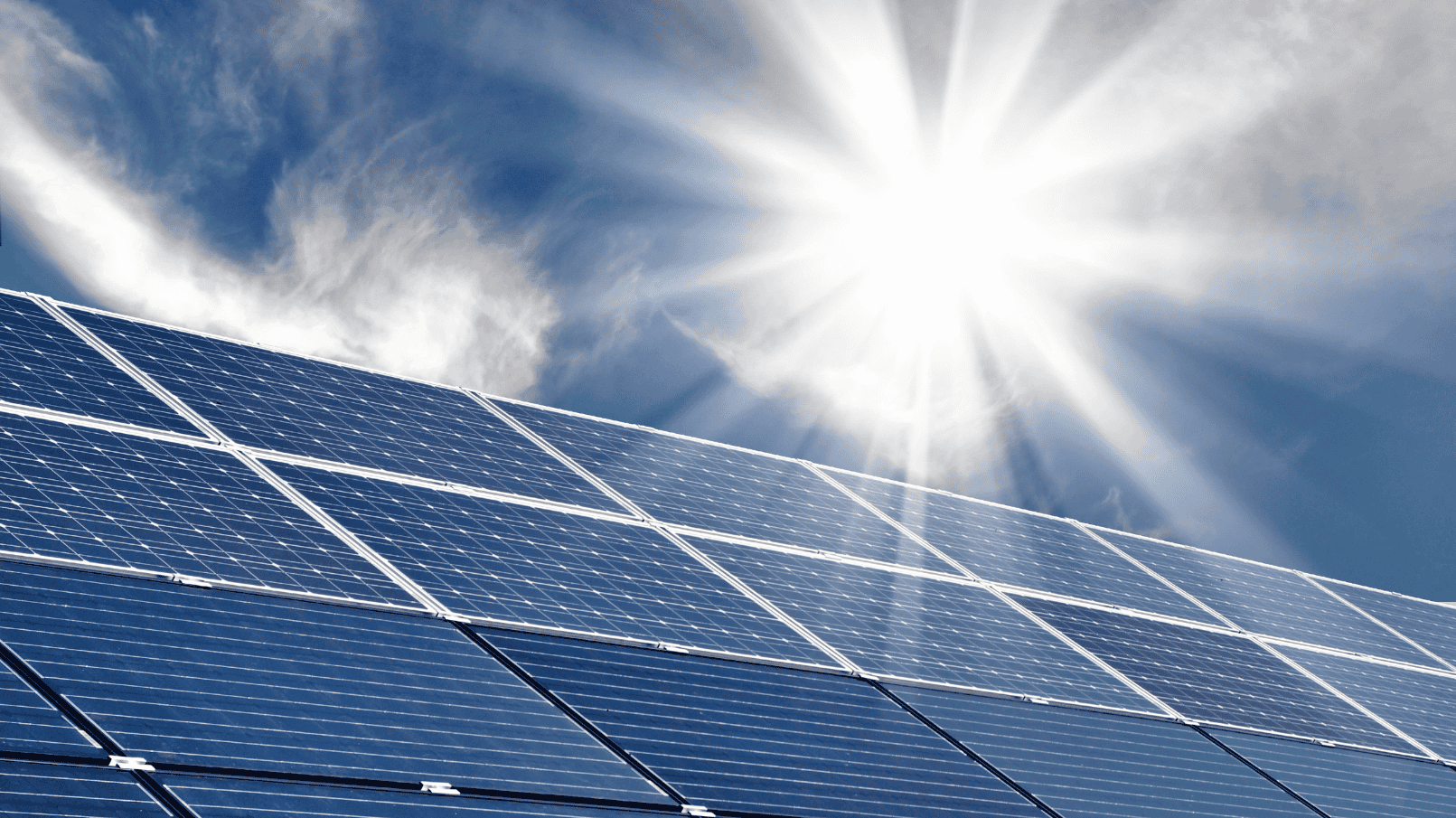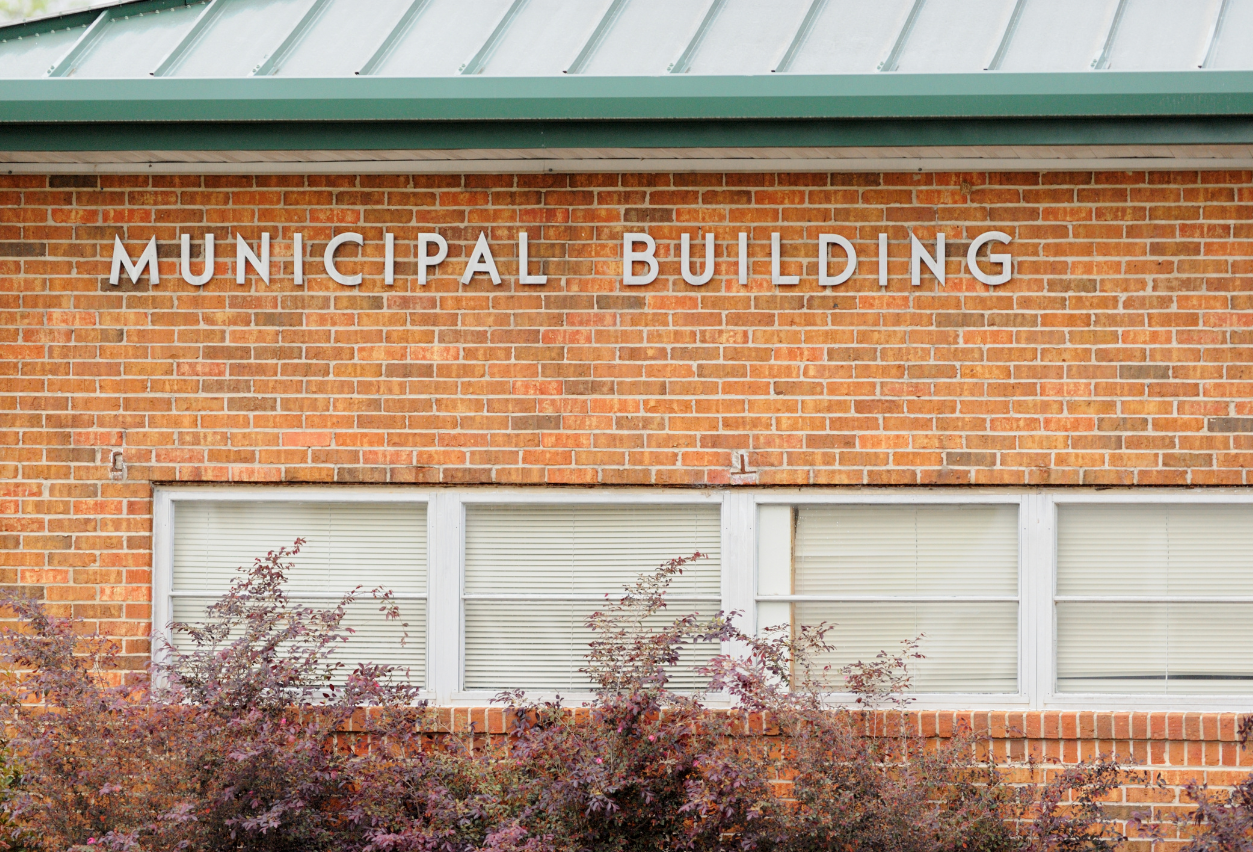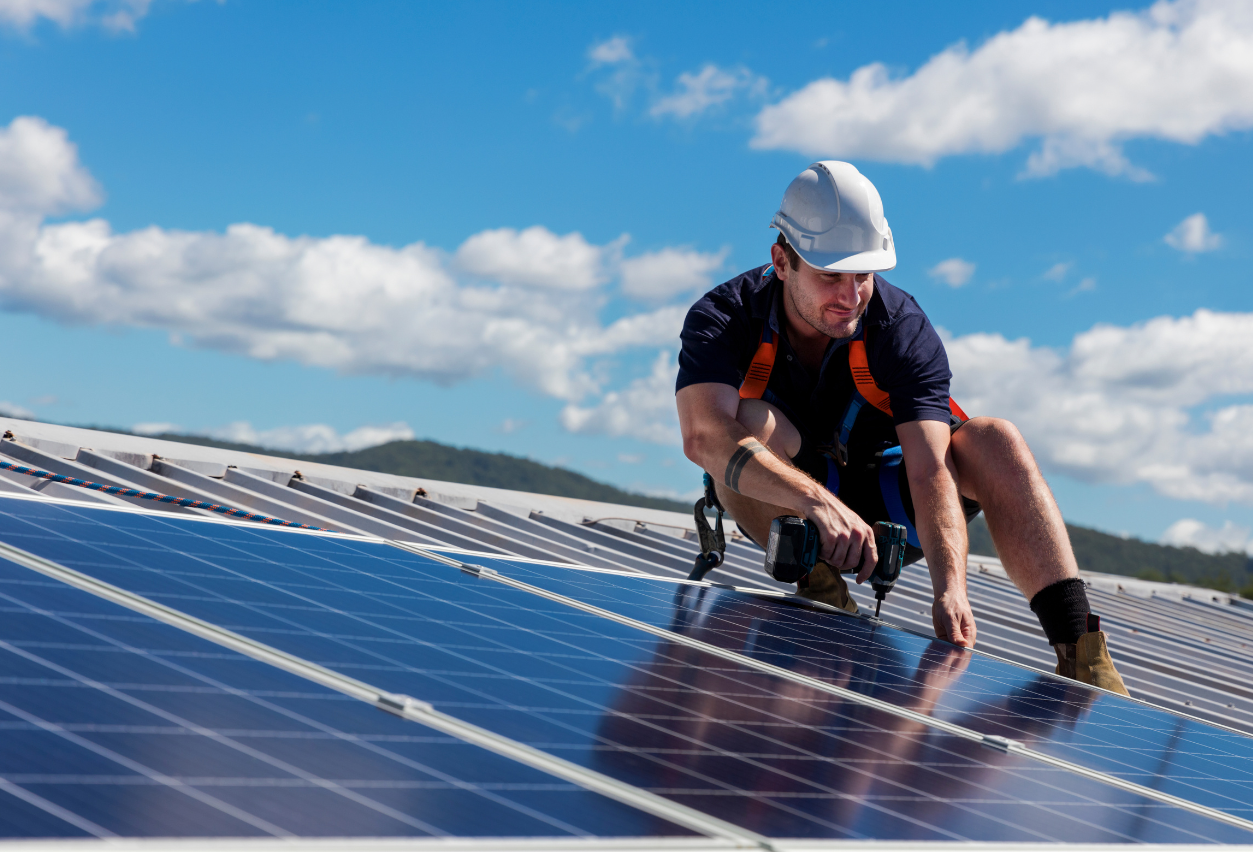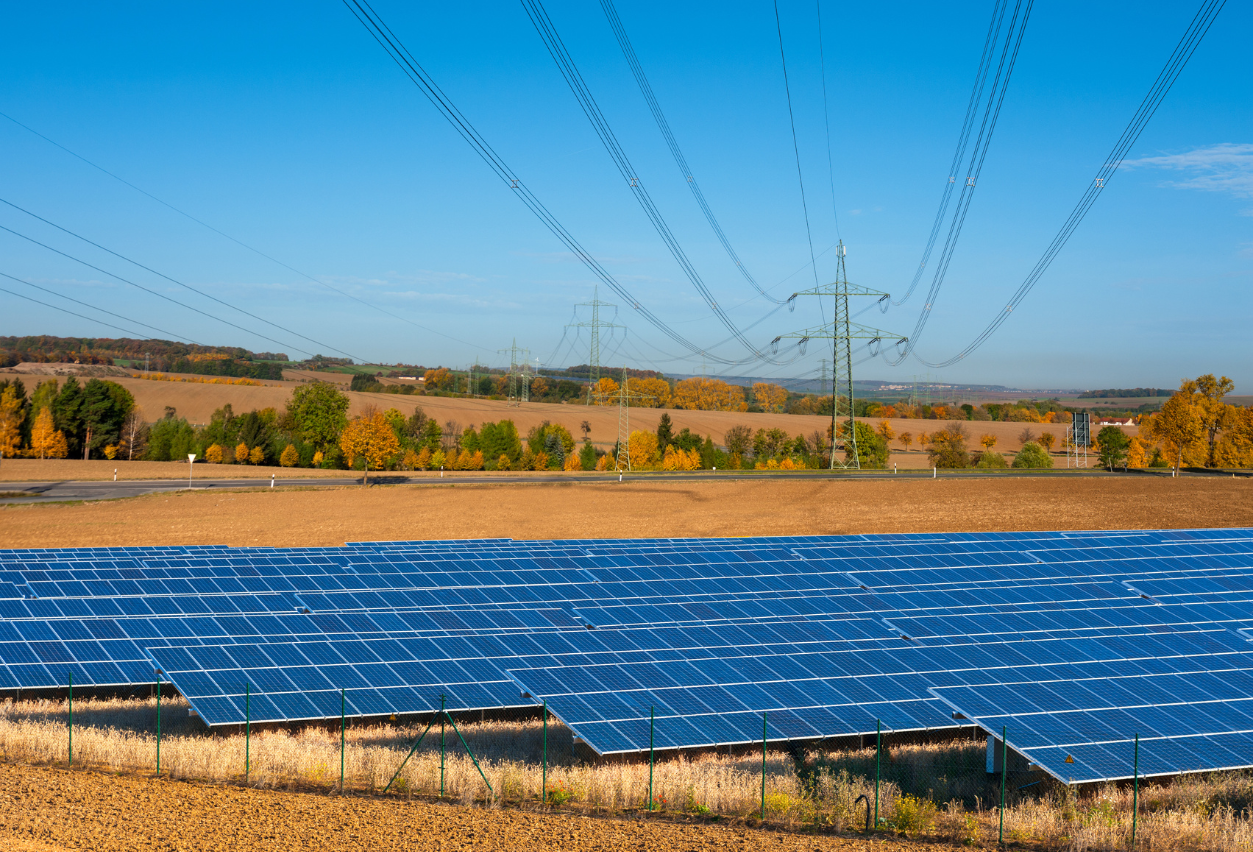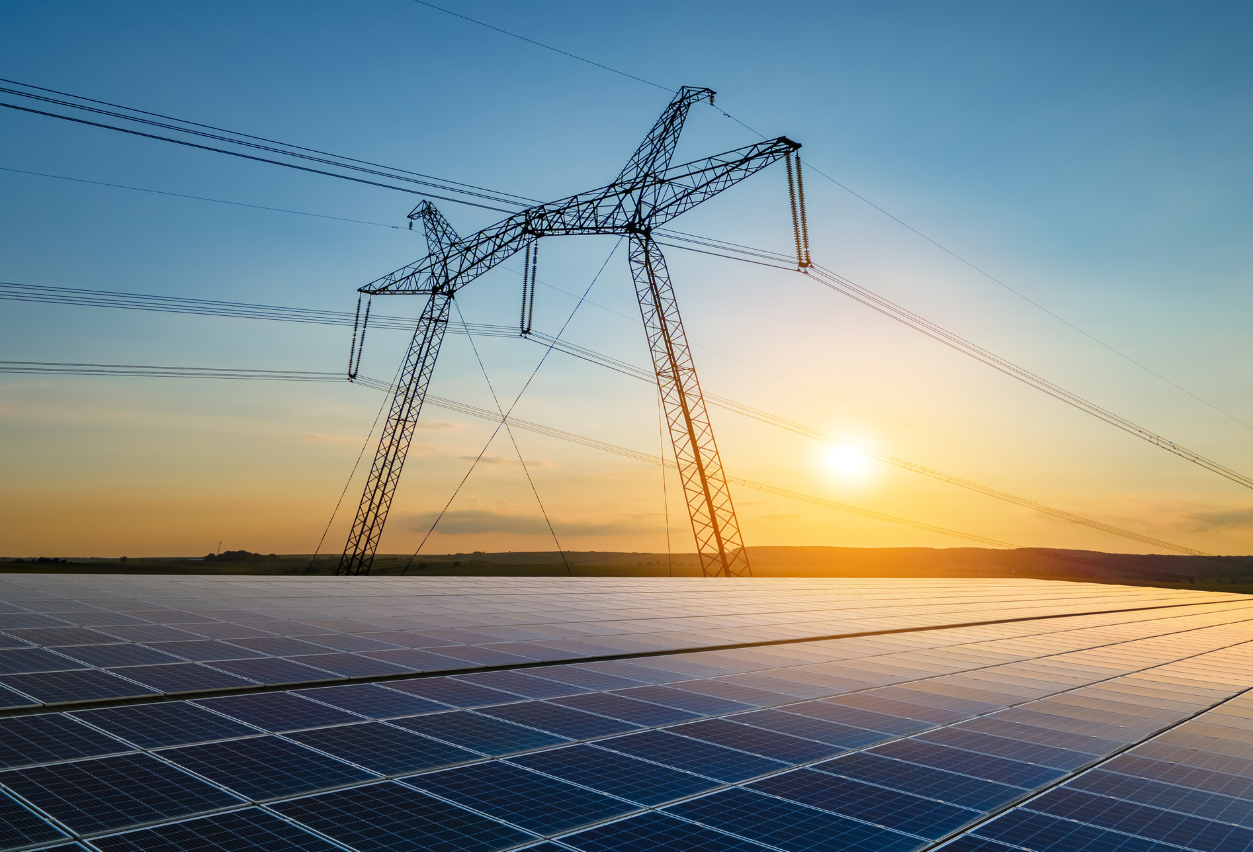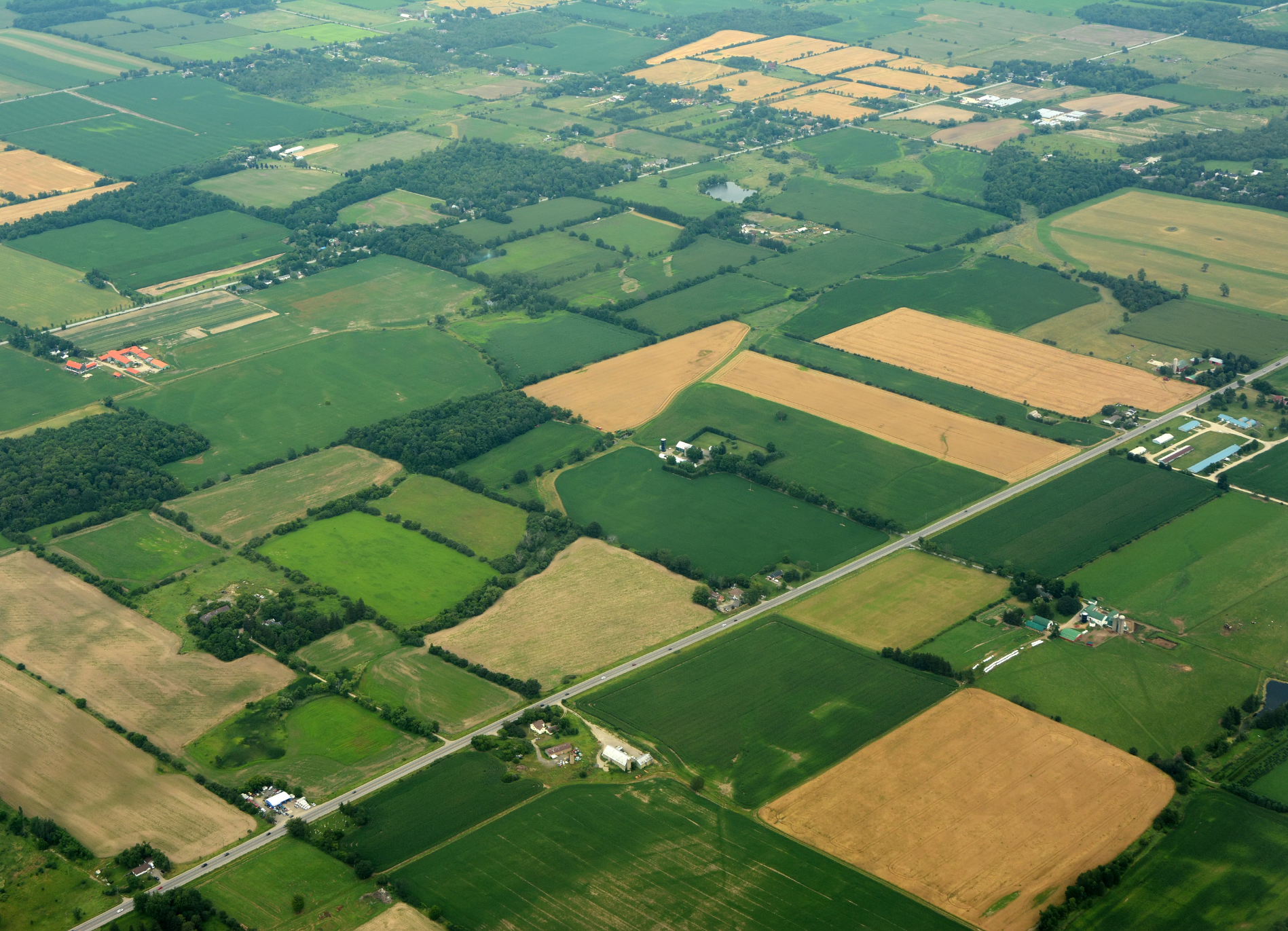Before signing a solar lease agreement, it’s critical to ensure that your land is suitable for solar energy development and meets the requirements set by solar developers and utility companies. Proper preparation can improve lease terms, streamline project approval, and minimize delays in construction. This article will guide you through the necessary steps to prepare your land for a solar lease, including land suitability factors, zoning regulations, environmental considerations, and site preparation requirements.
Evaluating Your Land’s Suitability for Solar Development
Not every property is an ideal candidate for a solar lease agreement. Solar developers assess multiple factors to determine land qualification requirements prior to offering a land lease proposal.
Key Land Suitability Factors
- Size Of The Land: Most solar land leases require at least 10 to 30 acres for a viable project. Larger parcels increase the potential for higher lease payments.
- Topography: Flat, unobstructed land is ideal for efficient solar panel installation and reduces construction costs.
- Proximity to the Electrical Grid: The closer a site is to existing three-phase transmission lines or substations, the lower the cost for interconnection applications.
- Minimal Obstructions: Land with minimal tree coverage, wetlands, or flood risks is preferred to avoid shading and environmental restrictions.
Understanding Zoning & Permitting Requirements
There are many zoning and permitting requirements for solar land leases. It is important to understand these factors prior to seeking a solar lease for your property.
Zoning Laws & Land Use Regulations
- Local zoning laws determine whether your land can be used for solar project development.
- Some areas have restrictions on utility-scale solar farms, while others encourage community solar projects.
- Rezoning applications may be required in certain jurisdictions.
Permitting & Environmental Compliance
- Permits for solar panel installation vary by state and county.
- Some sites require environmental impact assessments to ensure solar farms do not harm wildlife habitats or protected areas.
- Utility companies may require an interconnection application before approving a project.
Conducting An Environmental & Soil Assessment
Environmental factors can impact solar project feasibility. Solar developers might be required to conduct environmental site assessments to ensure compliance with local and federal regulations.
Environmental Considerations
- Wetlands and flood-prone areas may be restricted for solar development.
- Soil quality affects solar panel system stability and drainage.
- Wildlife protection laws may limit solar project development in certain regions.
If you’re concerned about the environmental impact of solar farms, we encourage you to contact our team for a free land assessment.
Preparing Your Land for Construction
Once your land qualifies for a solar lease, preparation is required to ensure a smooth development process and maximize your lease value. Here are some steps you can take to improve the value of your land for a solar project. Please note that some of these steps might require local permits before beginning.
Land Preparation Steps
- Clearing Obstructions: Removing large rocks, dense vegetation, or structures that could interfere with solar panel installation.
- Grading & Drainage: Ensuring the land has proper drainage to prevent erosion and solar panel damage from flooding.
- Securing Access for Developers: Providing access roads or entry points for construction equipment and maintenance teams.
Negotiating A Favorable Solar Lease Agreement
Before finalizing a solar lease agreement, it’s critical to negotiate favorable terms that benefit you as the landowner. Here are some key contract considerations:
- Lease Term & Payment Structure: Solar land leases typically last 20–30 years with annual lease payments.
- Land Use Restrictions: Some contracts limit other land uses such as farming or grazing.
- Decommissioning & Restoration: Ensure the contract includes end-of-lease land restoration responsibilities.
Financial & Legal Considerations
There are several financial, tax, and legal considerations to take into account prior to negotiating your land lease agreement. These include:
Tax Implications & Financial Benefits
- Leasing land for solar energy development may impact property tax status.
- Some states offer tax incentives for landowners participating in solar land leasing.
- Revenue from solar leases is considered taxable income, so consulting a financial advisor is recommended.
Legal Protection For Landowners
- Hire an attorney to review lease agreements before signing.
- Ensure liability protections are in place in case of accidents or environmental damages.
- Understand your rights regarding lease termination and buyout options.
Interested In Discussing A Land Lease For Solar?
If you believe your land qualifies for solar development, it’s important to get all the information upfront prior to signing a lease agreement. Partnering with an experienced solar developer is key to the success of the project and your lease agreement. Genie Solar Energy has decades of solar development experience, offering compliance with zoning and permitting, transparent lease agreements, and full project management from start to finish. Contact our team today to get a free land assessment and begin the discussions of leasing your land for solar.
